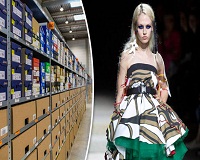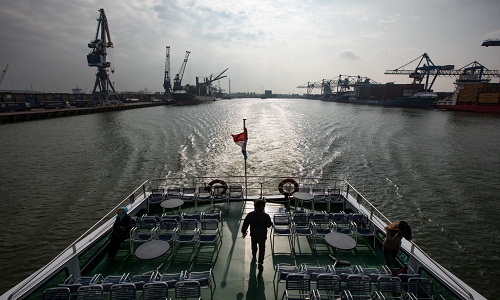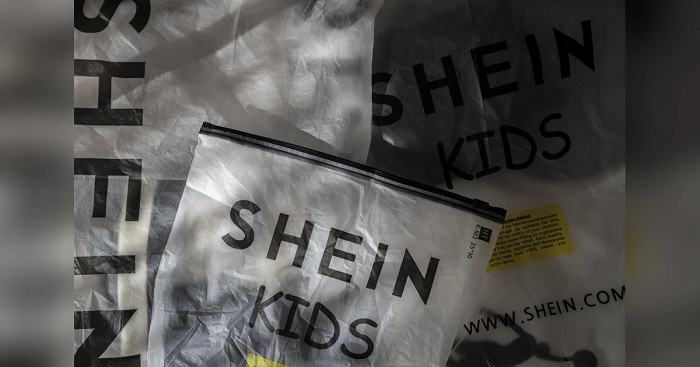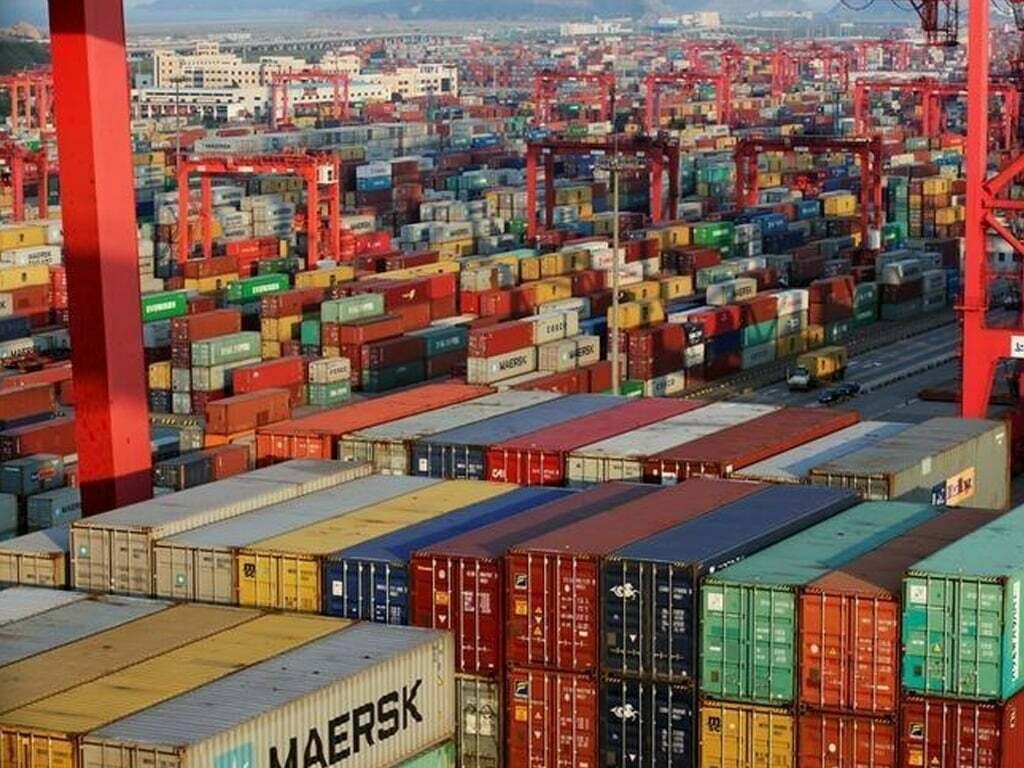"Only seven months remain for the UK to formally exit the European Union, and the £28 billion fashion sector has to get three different looks ready for future-proof business. As per Richard Lim, Chief Executive of Retail Economics, the potential scenarios would include ‘Hard Brexit’, where designers, retailers and manufacturers have to pay to trade with the EU. This would mean clothing and footwear tariffs of about 11 per cent or just over £1 billion more each year. A second option includes free trade agreement and a third option believes the UK would remain a part of the customs union. Lim believes, whatever happens, the price of a pair of jeans will, in all likeliness, go up post Brexit. Tariffs, and an exodus of (European) shop staff, designers, warehouse staff, delivery drivers would all add up to push up clothes prices in the UK."
 Only seven months remain for the UK to formally exit the European Union, and the £28 billion fashion sector has to get three different looks ready for future-proof business. As per Richard Lim, Chief Executive of Retail Economics, the potential scenarios would include ‘Hard Brexit’, where designers, retailers and manufacturers have to pay to trade with the EU. This would mean clothing and footwear tariffs of about 11 per cent or just over £1 billion more each year. A second option includes free trade agreement and a third option believes the UK would remain a part of the customs union. Lim believes, whatever happens, the price of a pair of jeans will, in all likeliness, go up post Brexit. Tariffs, and an exodus of (European) shop staff, designers, warehouse staff, delivery drivers would all add up to push up clothes prices in the UK.
Only seven months remain for the UK to formally exit the European Union, and the £28 billion fashion sector has to get three different looks ready for future-proof business. As per Richard Lim, Chief Executive of Retail Economics, the potential scenarios would include ‘Hard Brexit’, where designers, retailers and manufacturers have to pay to trade with the EU. This would mean clothing and footwear tariffs of about 11 per cent or just over £1 billion more each year. A second option includes free trade agreement and a third option believes the UK would remain a part of the customs union. Lim believes, whatever happens, the price of a pair of jeans will, in all likeliness, go up post Brexit. Tariffs, and an exodus of (European) shop staff, designers, warehouse staff, delivery drivers would all add up to push up clothes prices in the UK.
Efforts to ease bbtransition
Annually, the UK imports around £10 billion worth of clothes and shoes from Europe and more than 10,000 European staff work in the British fashion industry. It has become a microcosm of UK’s struggle to deal with the referendum result.
European staff work in the British fashion industry. It has become a microcosm of UK’s struggle to deal with the referendum result.
Katharine Hamnett sold thousands of ‘Cancel Brexit’ T-shirts and then went on to offer a new version: ‘Fashion Hates Brexit’ tees. While campaigning for a second referendum Hamnett also has a Plan B. She has set up her own Italian company, near Venice, ‘to handle production and logistics, so it doesn’t get snarled up in complicated Brexit red tape and import and export problems for its manufacturing and shipments’.
Francis Card, Fashion Consultant and former Matchesfashion.com COO laments the fact that the industry knows little about the Brexit deal is a concern. Her sentiments are echoed by Clare Hornby of ME+EM, whose Breton T-shirts are loved by the Duchess of Cambridge. Photographer Nick Knight believes Britain and its communities will be considerably worse off both economically and culturally if they leave the EU.
The devaluation of the Brexit-fuelled pound is surging the number of Chinese, Arab and American fashion tourists chucking cash at the West End’s fanciest tills. But to offset rising foreign manufacturing costs, an influx of shoppers needs to be balanced by an outflux of international talent from the industry. José Neves, Founder of luxury online platform Farfetch, believes if Brexit jeopardises the presence of 25 different nationalities in its London office, it’ll be a major loss.’ Many great British designers are European and proud of it’: Mary Katrantzou is Greek, Simone Rocha is Irish, Peter Pilotto is Austrian-Italian.
Drain of talent a concern
Another concern post Brexit is the talent drain. As Stephanie Phair, Chair British Fashion Council, points out ‘making sure young people from all around the world have access to creative education and skills to protect our home-grown talent pipeline’ is a post-Brexit priority. The BFC helps run the fashion arm of the Home Office’s Tier 1 visa scheme, giving 2,000 top designers from outside the EU fast-tracked visas. ‘In light of Brexit, this is something that is incredibly important.’ However, universities claim talent drain isn’t happening yet. The London College of Fashion says its proportion of EU applicants hasn’t dropped over the past year.
On the other hand there are people like Liam Fox, International Trade Secretary, who feel Brexit is ‘an unprecedented opportunity to create a trading environment that delivers for our country, our businesses and our citizens’. Brexit isn’t a wardrobe disaster for every London company in the fashion industry. The vote could help in the return of ‘Made in Britain’.
At the same time there is concern as a large number of designers, stitchers etc, are from mainland Europe. Also, UK apparel makers need something to make their clothes from — as three quarters of materials used in the UK are imported. If there is no deal, UK manufacturers will be subject to a bewildering array of tariffs.
In short, experts worry London may lose its reputation as a global fashion capital. Last month, Superdry founder Julian Dunkerton, gave £1 million to the People’s Vote campaign for a second referendum. And as Card points out UK has come back from a major exodus of designers and top models at London Fashion Week around a decade ago — it was hard to do. Brexit’s potential loss cuts through all aspects of the industry: it’s a disaster for stores, businesses and carefully nurtured brands, and the freedom to move everything and everyone easily across borders.











